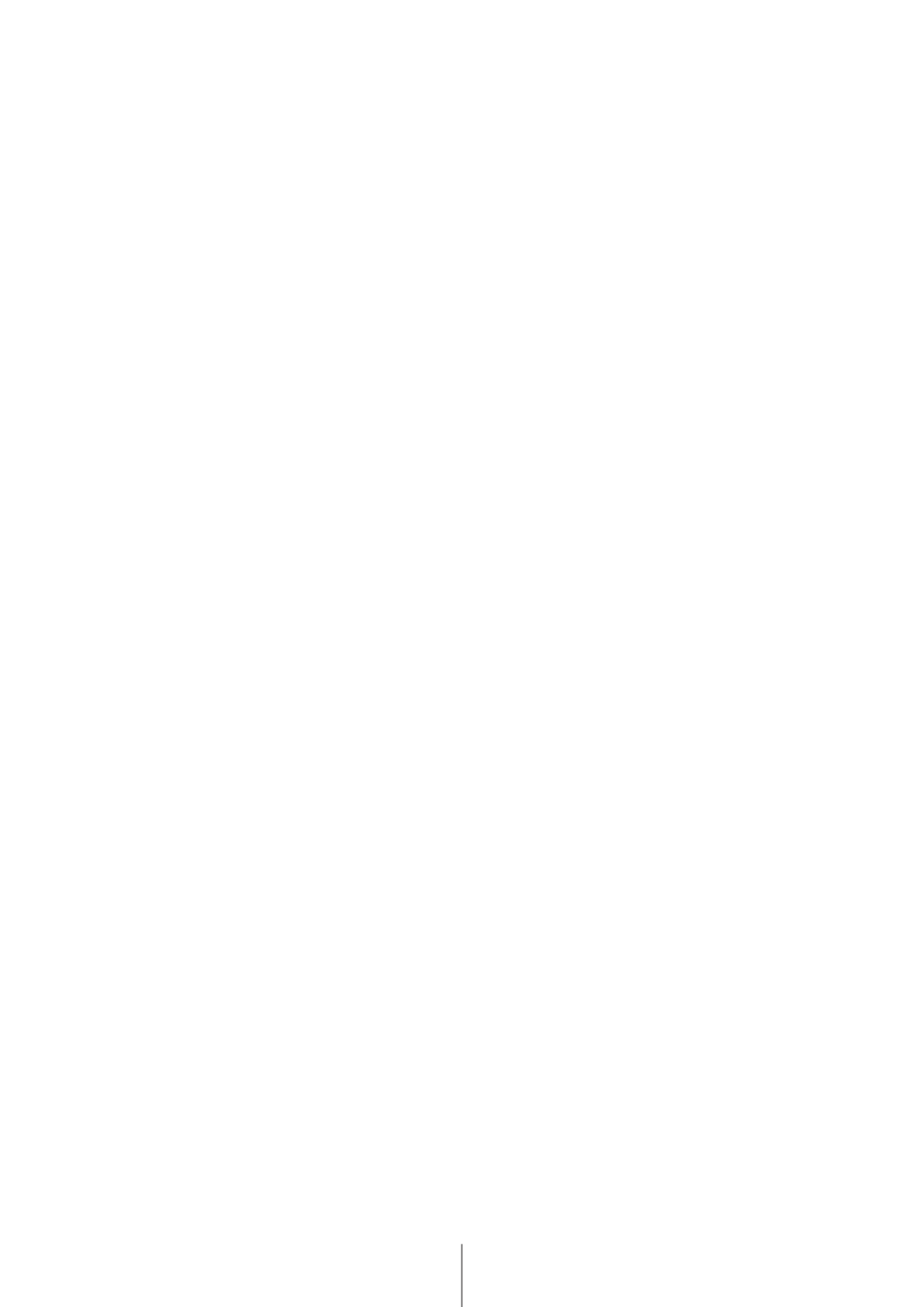

56
Introduction
Empiric-Metaphysical Medicine! What is this strange ex-
pression? Despite its odd sound and its length, this term best
explains the medical practices in colonized and independent
Africa. In addition, it allows us to break with certain habits
when analyzing medicine in African societies. In many writ-
ings, one encounters the term “traditional medicine(s)”,
used out of ignorance or contempt or negligence. It is what
Beck A. did in her book [2] to describe the medical concerns
in Kenya andTanzania between the 1920s and the 1970s, and
also Domergue-Cloarec D. when she studied health policy
in the colony of Ivory Coast (1905-1958) [3].Analysis of the
word “tradition” or “traditional” demonstrates the superfici-
ality of this concept. The terms “tradition” and “traditional”
are inadequate, imprecise and sometimes pejorative.What is
more, they serve to maintain an ideology of omnipotence of
scientific objectivity [4].
The dangers of prejudices relating
to the “african medical system”
From the observation and detailed study of the “african
medical system”, we must relativize the writing of European
explorers, of colonial physicians, and of many African physi-
cians today, all of whom have criticized the system as ob-
scure. It was several years after the colonization of African
territories that the British, French, German and Portuguese
began to pay attention to African medicine and African heal-
ers.According to Beck [2], more attention was paid in British
East Africa to the health of Africans in the 1920s. In French
African colonies, it was in the 1900s because of the impact
of smallpox.Through their ignorance of African customs and
beliefs, they have distorted our understanding of the Afri-
can medical system. As they had considered African medi-
cal practices at the beginning of colonization to be primitive
medicine in the full meaning of the word - a world of magic
dominated by supernatural forces - it was difficult for them,
in their position of superiority, to be self-critical, even after
having sent a number of scientific scholars to collect the me-
dicinal plants used by indigenous peoples.Though Europeans
had partly abandoned certain anti-medical beliefs in Europe,
the position of colonization prevented them from compar-
ing what one could call “popular medicine” to that which in
African societies were considered as “magic-religious” prac-
tices. In reality, the consequences of the social disruption
caused by the colonial state -- for instance the propagation
of germs and vectors, as well the lack of health safety on
the part of the colonizer -- obliged them to reconsider the
mechanisms of exploration and colonization, notably by pro-
tecting the “human capital”.The high colonial administration
and the medics had to change their deeply rooted philoso-
phy in domination in order to free African medical practices
from caricature,
1
as certain colonial doctors and administra-
tors had managed to do through the study of African beliefs
and medicinal plants that were successful in the treatment of
major diseases such as onchocerciasis, pulmonary ailments,
leprosy, malaria, diarrhoea, etc.
The term “traditional medicine”
is problematic
In light of these considerations, we observe that the term
“traditional medicine” does not describe ancestral medi-
cine in Africa. In the interior of Africa, there were numer-
ous medical influences including new elements from Arabic
countries and Europe. During the colonial period and later,
one would find amongst the merchandise of a vendor the
drugs of modern medicine side by side with the drugs of
“healers”. Is it possible to consider them as elements of
“traditional medicine” or modern medicine?What can one
say about the retired nurses of the health service in Afri-
ca who used both ancestral and “scientific” medical prac-
tices? Do they belong to modern medicine or traditional
medicine? Indeed, what is “modern” in the varied array of
modern and African medicines?What does one think about
“pharmacie gazon” in Mozambique, Angola, Burkina Faso,
Nigeria, Tanzania, Gambia, Souf Africa, etc? What can we
say about the many teenagers who sell modern drugs on
the streets? Many African healers use the stethoscope and
the thermometer for their consultations. Some of them
follow certain aspects of modern medicine, by using health
records like medical doctors and by assuming the title of
“traditional hospital” or “traditional doctor” [5]. In many
countries in East andWest Africa (Tanzania, Uganda, Ken-
ya, Nigeria, Burkina Faso, Ghana, Ivory Coast, etc), the
health policy makers recognized the place of the special-
ists in empiric-metaphysical medicine, who were known
as tradi-practitioners. In these circumstances, it is difficult
for the historian of health and medicine to defend the label
“traditional” in African medical practices, as it is impossible
for him to accept the scientific character of modern medi-
cine in Africa.
As Cicourel [6] pointed out in 1985 in his analysis of the
gap between scientific discourse and concrete medical
practices, we need to recognize that if there is everywhere
a gap between common sense and scientific thought, this
difference is particularly true in Africa, where the cultural
referent, the explicative models amongst family and social
groups seem so far from diagnostic and therapeutic prin-
ciples. These differences between medical principles and
social realities are not new, either in Africa or in Europe.
As Jacques Leonard wrote in his book “
Médecine, maladies et
sociétés dans la France du XIXIème siècle
” (1981),
after medi-
cal school the recently qualified physician encountered
amongst the patients superstitious behaviours and preju-
Doenças, agentes patogénicos, atores, instituições e visões da medicina tropical


















